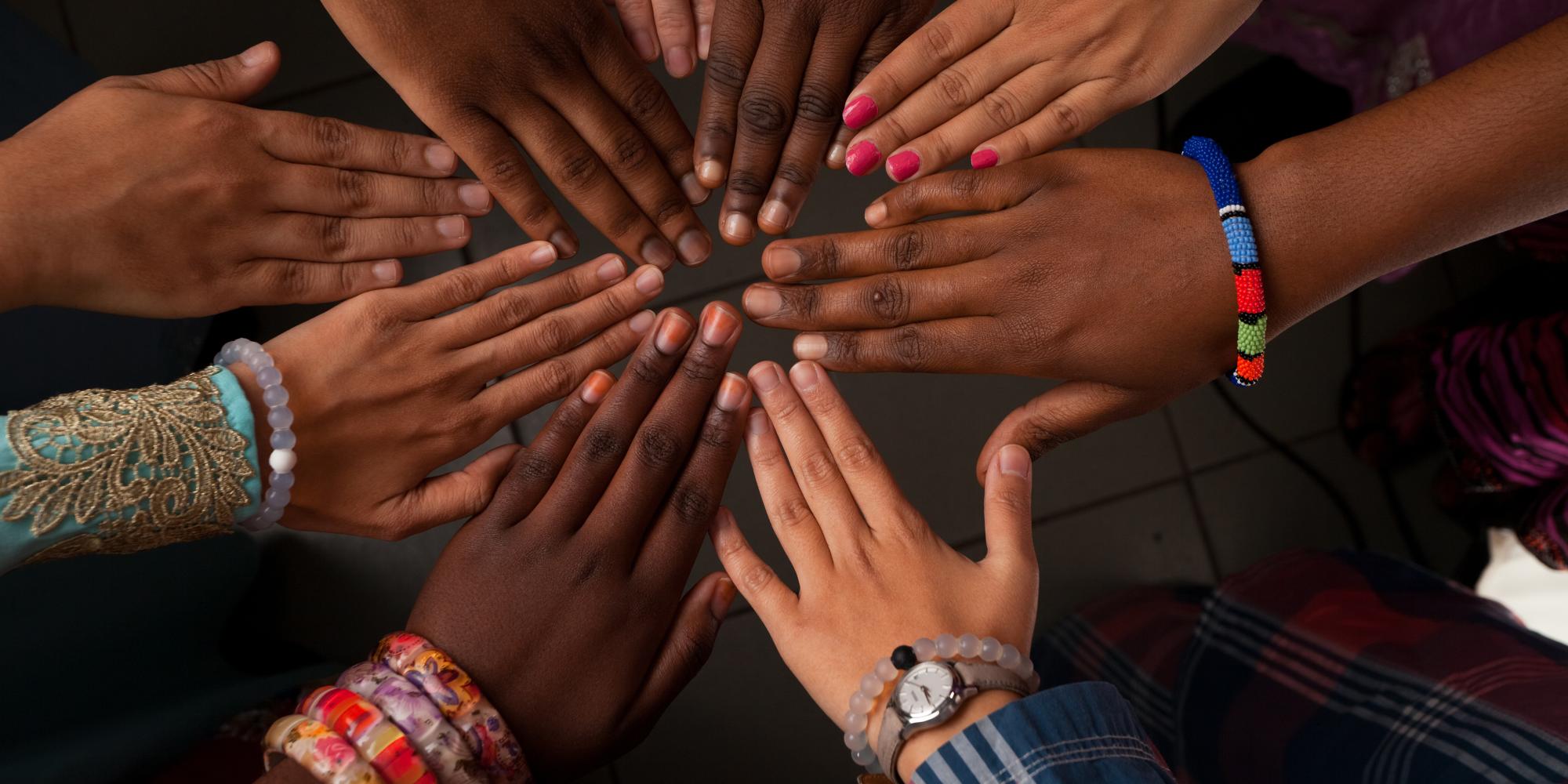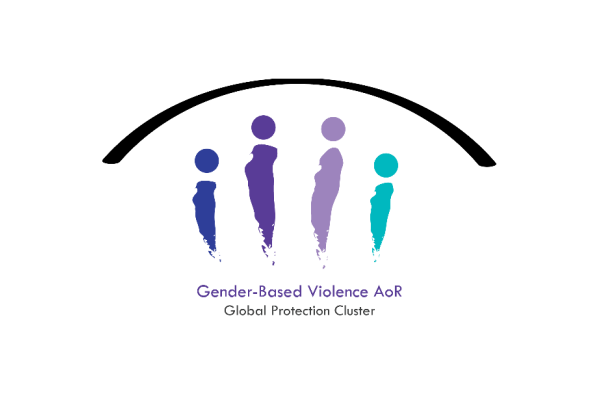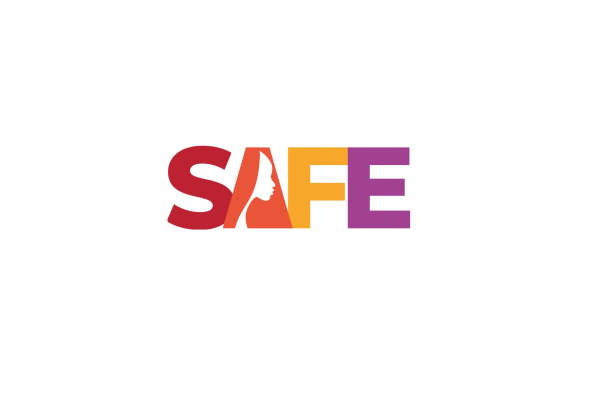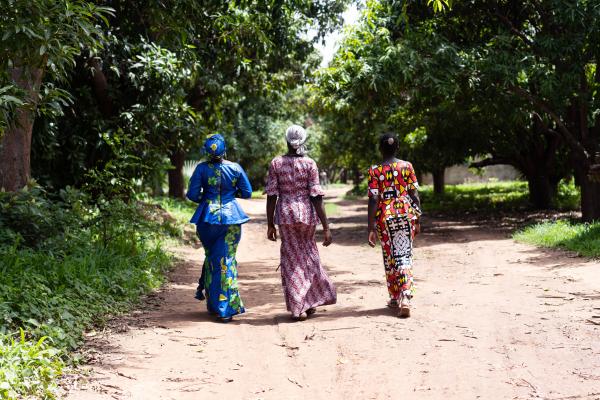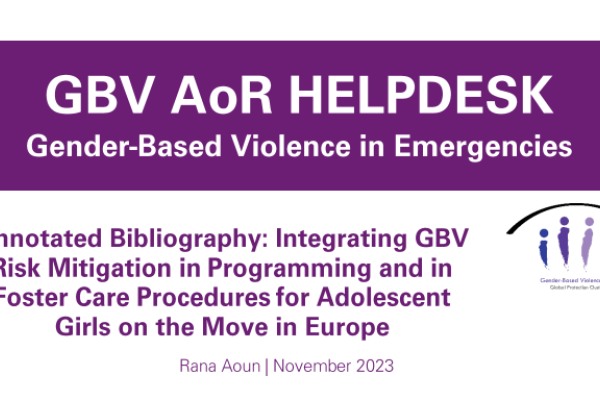Annotated Bibliography: Collective Care Processes and Practices
Collective care is a strategy that can be used by gender-based violence (GBV) programmers, researchers, activists, and other GBV specialists to sustain each other in work to prevent and respond to GBV in emergencies. This annotated bibliography provides an overview of relevant literature and material (including articles, blogs and podcasts) on this topic, to signpost those working on GBV in emergencies to relevant sources of information. The GBV AoR Helpdesk has also produced a tip sheet that provides additional information on collective care.
